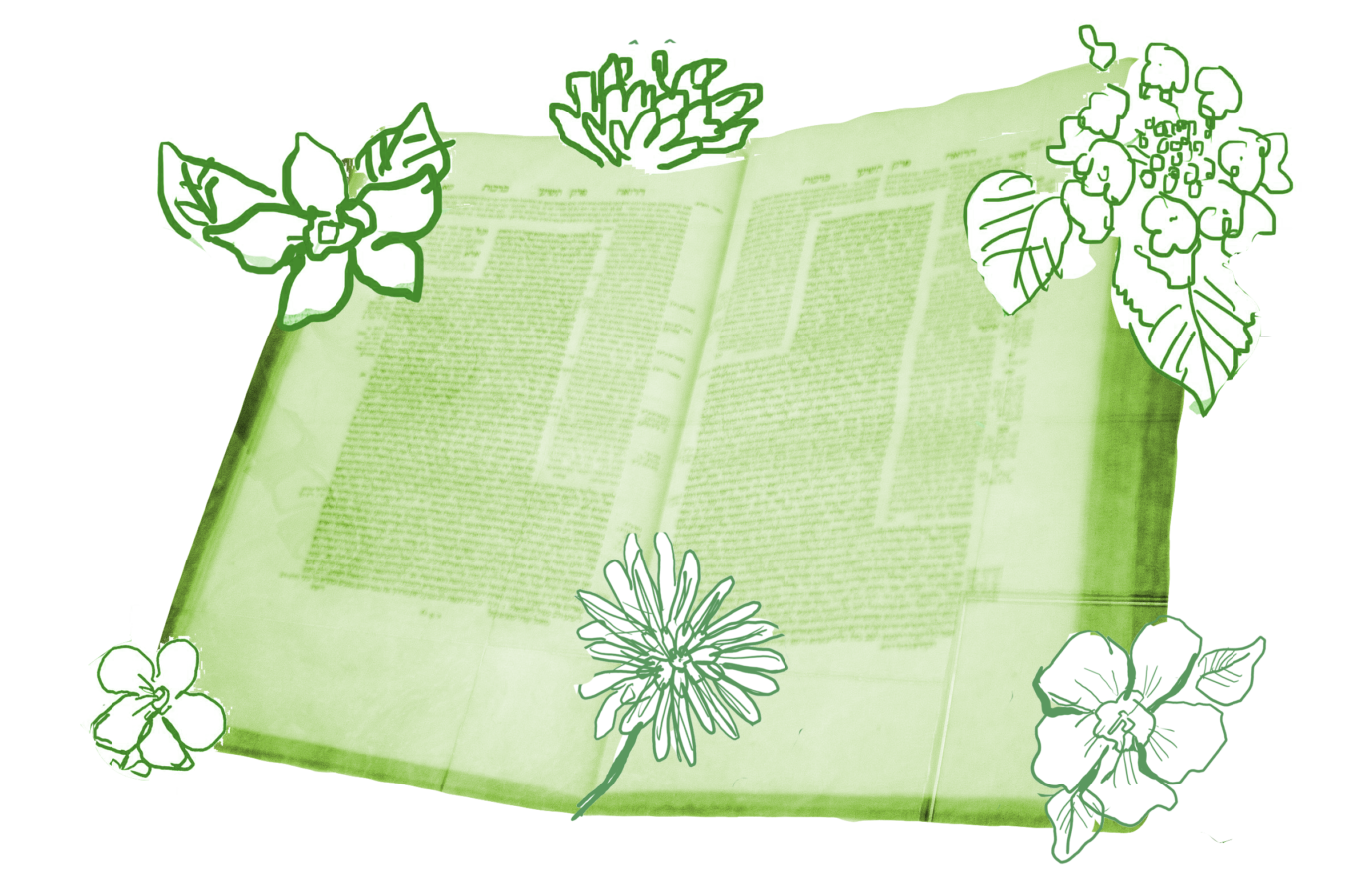Welcome to Tractate Chagigah — the final tractate in Seder Moed, the order of the Talmud that deals with holidays. We began Moed with Tractates Shabbat and Eruvin which, in keeping with Shabbat’s status as the most significant Jewish holiday, merited by far the largest discussion. We now conclude with a much quicker journey through the laws that apply to the three pilgrimage festivals of Passover, Shavuot and Sukkot.
While it is true that we already explored laws specific to Passover (those of purging leaven and bringing the paschal offering) in Tractate Pesachim, as well as laws specific to Sukkot (namely, building the sukkah) in Tractate Sukkah, Chagigah — literally, festival offering — discusses the laws that apply to all three pilgrimage festivals: the obligation to appear in Jerusalem, to enter the Temple in a state of purity, to bring certain festival offerings and to rejoice.
The opening mishnah of this tractate explains who is obligated to appear in Jerusalem at the Temple to make this offering: able-bodied and free adult Jewish men. Most others are exempt from showing up. The rabbis make us a helpful list:
All are obligated to appear (in the Temple on pilgrimage festivals and make a sacrifice) except for a deaf-mute, an imbecile, and a minor; and a tumtum, and an androgynos; and women, and slaves who are not emancipated; and the lame, the blind, and the sick, and the old, and one who is unable to ascend to Jerusalem on his own legs.

Help us keep Jewish knowledge accessible to millions of people around the world.
Your donation to My Jewish Learning fuels endless journeys of Jewish discovery. With your help, My Jewish Learning can continue to provide nonstop opportunities for learning, connection and growth.
The Gemara understands the opening word of the mishnah — all — to include some category of people beyond healthy free men in the obligation to ascend to Jerusalem. But who could these people be? That’s the primary question on today’s page.
Perhaps, the Gemara suggests, it is the person who is half slave and half free (a mind-bending situation that arises when two people own a slave and one person relinquishes ownership)? This is rejected on the strength of a tradition from Ravina that a half slave is not obligated in festival offerings.
Perhaps then it is the person who is lame on the first day of the festival but heals quickly and is able to arrive in time for the end of the festival? This answer too does not satisfy those who think that festival offerings are properly offered only on the first day.
Trying again, the Gemara gives a third option: someone who is blind in only one eye. Perhaps this is the person who, while not strictly an able-bodied free man, is nonetheless required to appear at the Temple, sacrifices in hand, on the festival? Well, perhaps not:
And this is not in accordance with the opinion of Yohanan ben Dehavai who says in the name of Rabbi Yehuda: One who is blind in one of his eyes is exempt from the mitzvah of appearance, as it is stated: “Three times a year all your males will appear (yera’e) before the Lord God” (Exodus 23:17). Read instead: “All your males will see (yireh) the Lord God.” This teaches that in the same manner that one comes to see, so he comes to be seen: Just as the usual way to see is with both one’s eyes, so too the obligation to be seen applies only to one who comes with the sight of both his eyes.
Yohanan ben Dehavai brings us a midrashic reading of the signal commandment of this tractate: Three times a year all your males will appear before the Lord God (Exodus 23:17). If we change the vowels on the word appear (literally, “be seen”), we can make it read “see.” Three times a year males will see the Lord God. This midrash suggests that Jews come to Jerusalem on the festivals to fully encounter God — to see and be seen. To borrow the language of 20th century Jewish philosopher Martin Buber, the pilgrimage festivals are the moment for Israel and God to have an I-Thou encounter.
The rest of Yohanan ben Dahavai’s interpretation is weak. He goes on to say that just as seeing requires two eyes, being seen also requires one to have two working eyes (both points seem obviously wrong). And the Gemara quickly brushes away this whole case anyway, pointing out that there is another independent rabbinic tradition that those who are blind in one eye are exempt from the pilgrimage. The discussion returns to the possibility that half slaves are the ones obligated to make the trip. Nevertheless, I love this midrash for the way it frames this tractate — conceiving the festivals as an opportunity for Israel to encounter God fully, to see and be seen.
This tractate famously features some rabbinic notes on the most esoteric mystical teachings — those that were considered too dangerous for the general public. These include speculations about the cosmos — what came before creation (maaseh breishit) and what is found in the heavens (maaseh merkavah). The latter is really about human beings striving to catch a glimpse of the divine. As we will learn, the rabbis considered such intimate knowledge of God and the world to be dangerous. Not only being seen by God, it seems, but really seeing God, may be the ultimate expression of the festivals. But at the same time, it is risky business.
Read all of Chagigah 2 on Sefaria.
This piece originally appeared in a My Jewish Learning Daf Yomi email newsletter sent on February 11th, 2022. If you are interested in receiving the newsletter, sign up here.



